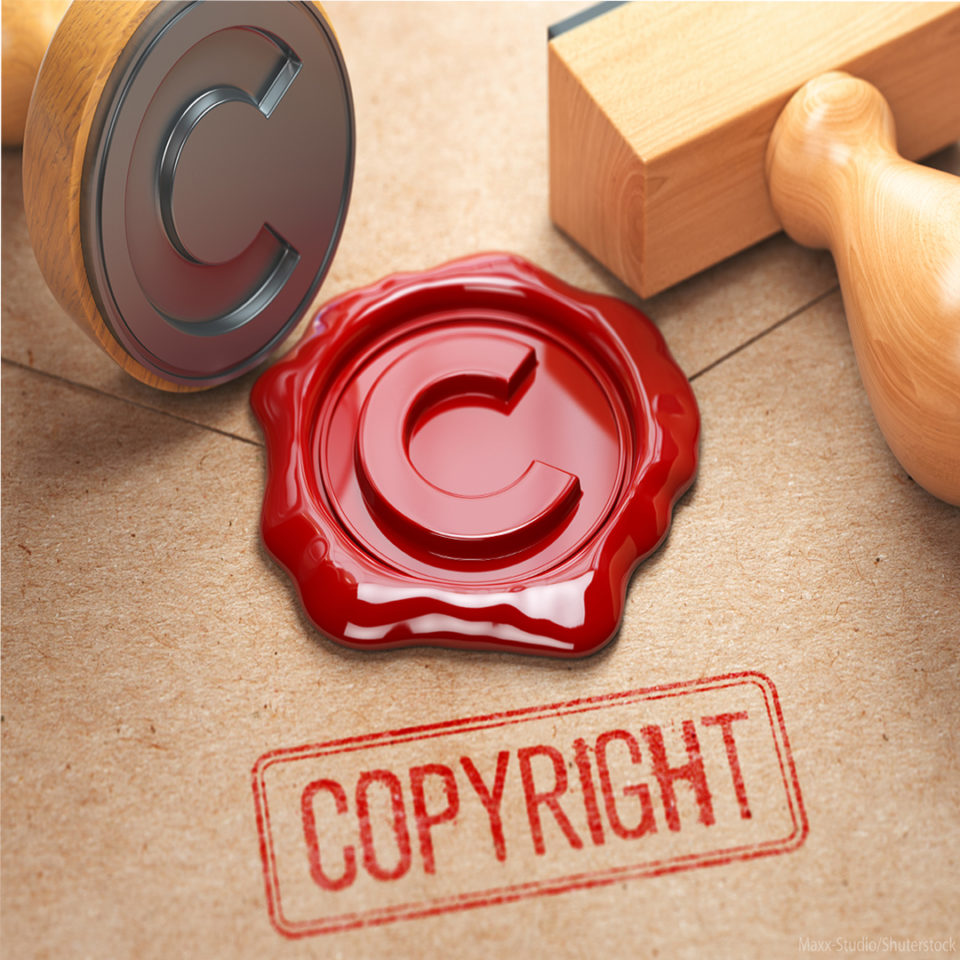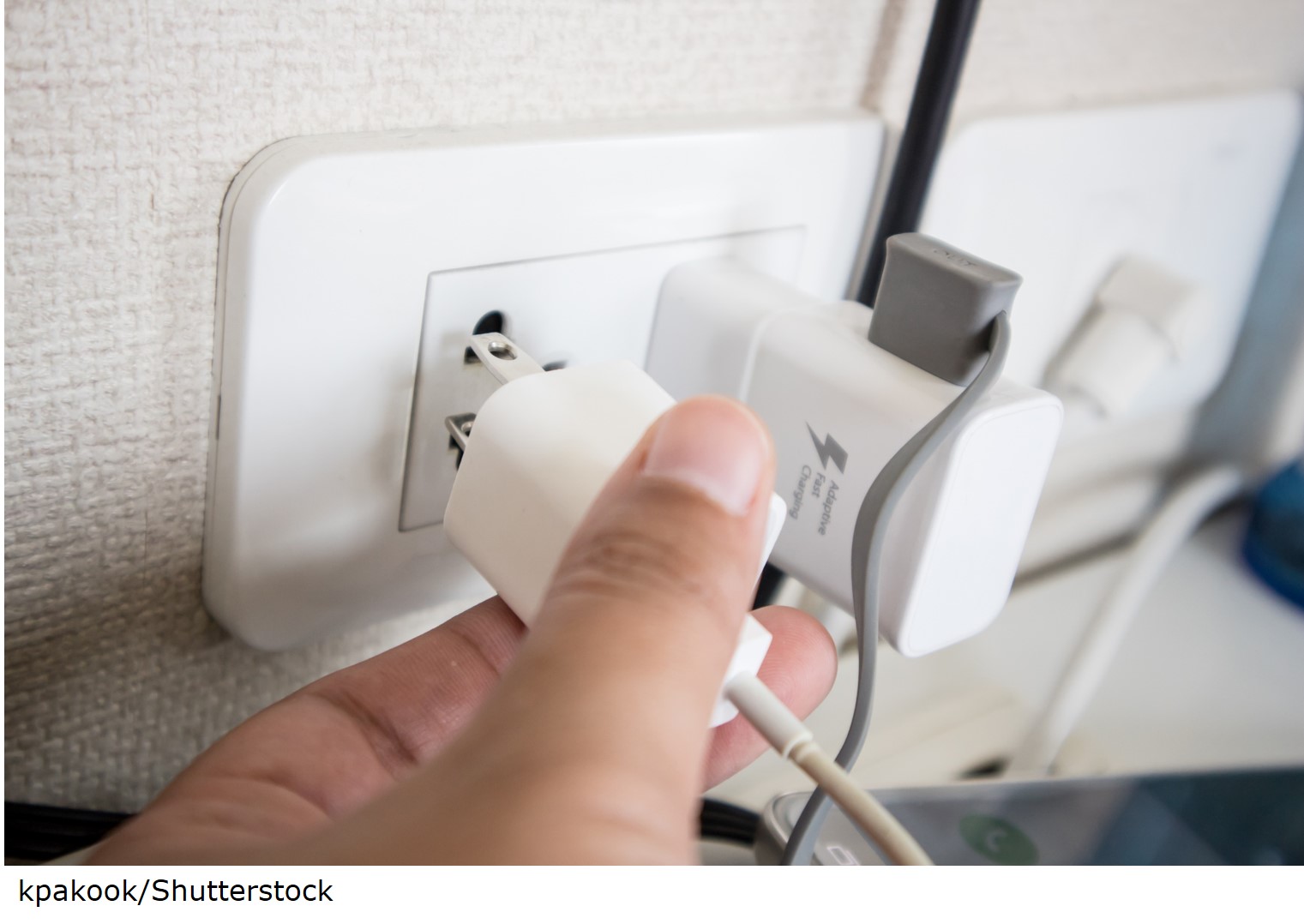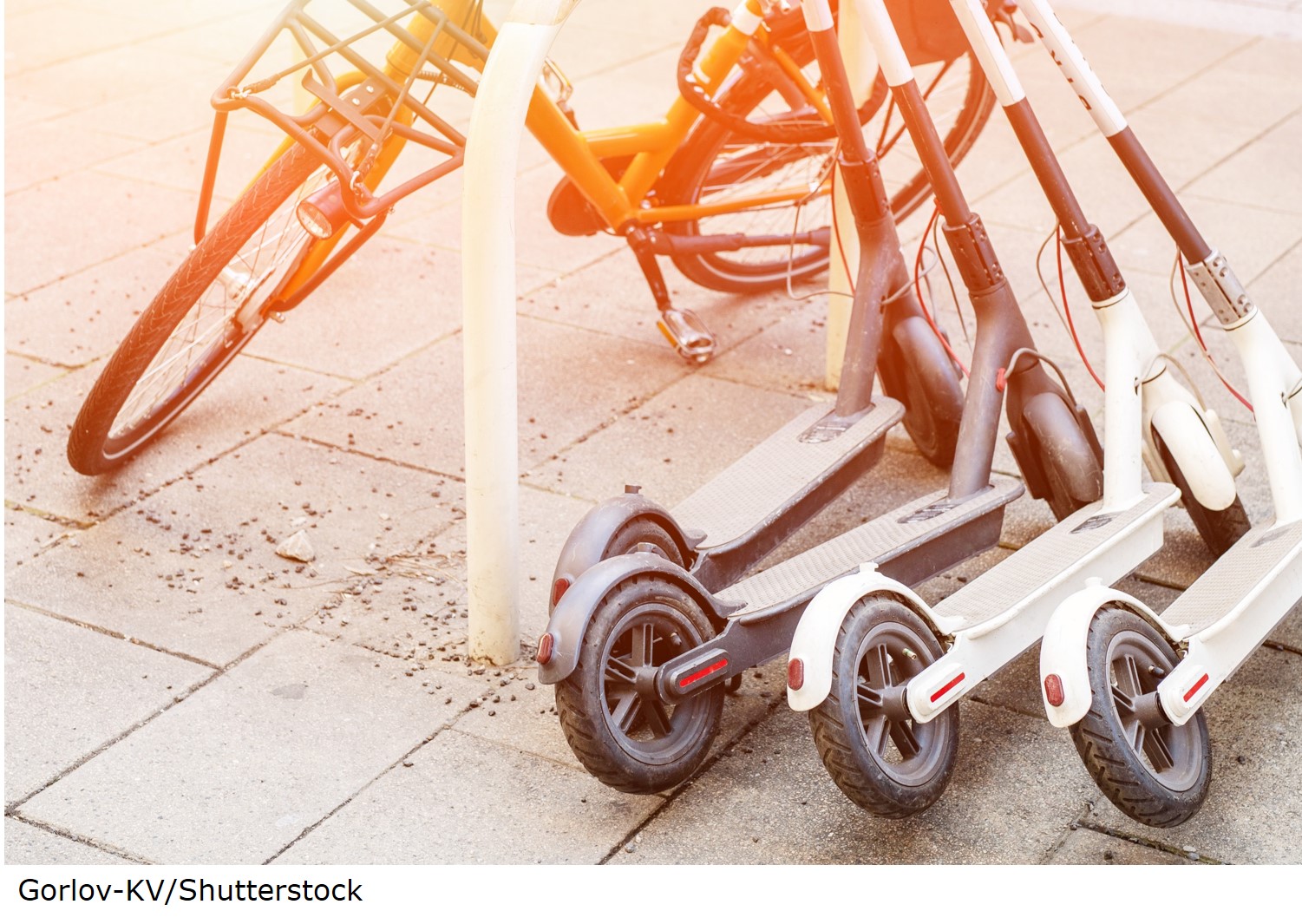We use cookies to personalize content and advertisements, to offer social media functions and to analyze access to our website.
You can revoke the given consent at any time. You can find further information in our Privacy Policy.
Jul 2019
On 16, Jul 2019 | In News @en | By Alisa Maier
The implementation of the Technical Regulation (TR) No. 947 on Degradable Plastic Material, published in October 2016 in the Saudi official Gazette has been postponed for the second time.
In January of this year, the Saudi Standards, Metrology and Quality Organization (SASO) postponed the registration for Phase II and Phase III products under the Regulation to September 1. 2019 from the initially planned date of August 1. 2018.
Earlier this June, SASO sent out a circular to its notifying members to the effect that the registration for the two phases II and III is postponed again to April 1. 2020.
Phase II and III products include amongst others, bubble wrap, stretch films used for packaging and plastic liners used for cartons. The regulation applies to all products made of polypropylene plastic and polyethylene plastic that are mostly used for short periods before being disposed of and that are subject to the limits of thickness stated in the adopted standards annexed thereto.
Manufacturers of electronic and electrical equipment may well be affected by this regulation in as far as they apply plastic material within the scope of the regulation.
We will keep you updated with developments on the subject Technical Regulation and remain at your disposal for any queries you may have regarding this matter.
Jul 2019
On 15, Jul 2019 | In News @en | By Alisa Maier
1cc GmbH is organizing a webinar subject of the basic regulatory framework for WEEE, Batteries and Packaging on the European federal level.
The inclusion of passive devices in the scope of the ElektroG in Germany as of May 2019 sheds a new light on the requirements and obligations of manufacturers. To this effect, the webinar will present the basic principles of the WEEE, batteries and packaging waste legislation in the European Union and Germany, especially for the “newly” affected manufacturers.
The webinar will focus on the concept and principles behind the three legislative waste frameworks. In addition, elements like product scope and manufacturer obligations under the WEEE, Packaging and Battery Directives, including their national legislative implementations in Germany will be examined. The innovation in Germany with respect to passive devices and the new packaging register is of particular interest and is accorded special mention during the webinar.
Date: Thursday, July 25, 2019 4:00 PM – 5:00 PM CEST
Language: English
Registration Link: https://attendee.gotowebinar.com/register/6066333704682874635
PS: Participation in the webinar is free of charge. However, the number of participants per webinar is limited to 20 attendees.
Jun 2019
On 06, Jun 2019 | In News @en | By Alisa Maier
In cooperation with around fifty actors, the French Agency for Standardisation, AFNOR, developed the first technical standard on Circular Economy project management system – Requirements and Guidelines, XP X30-901.
The voluntary standard XP X30-901 involves a 3 x 7 matrix covering the three dimensions of sustainable development – environment, economy, society – and the seven fields of action of the circular economy: sustainable procurement, eco-design, industrial symbiosis, economy of functionality, responsible consumption, extension of service life, effective management of materials or products at the end of their life.
The standard may also inspire labeling, certification, or any other sign indicating that an organization applies it in all respects. It is intended to become an international standard. The ISO countries have approved the creation of a technical committee on the subject (ISO TC 323) to bring together professionals wishing to develop the international standard.
Jun 2019
On 05, Jun 2019 | In News @en | By Alisa Maier
The Swedish Government published its draft 2019 Spring Fiscal Policy Bill Vårändringsbudget 2018/2019. The introduction of the so-called chemical tax on electronics in Sweden in the summer of 2017 came in an effort to reduce the use of hazardous chemicals. The subject bill presented to the parliament on April 10, 2019 proposes a further increase in chemical tax.
A surge of 37,5% is put forth on chemicals in white goods, while consumer electronics-chemical tax is expected to rise to 33%, both values excluding VAT (25%). Moreover, the bill proposes that chemical tax can be reduced by 50% to 90% on products free of bromide, chloride or phosphorus. Interestingly enough, products sold via e-commerce are exempt from the current and newly proposed chemical tax regulation.
Jun 2019
On 03, Jun 2019 | In Copyright Levies, News @en | By Alisa Maier
Copyright levies may be applicable on used products brought on to the market after repair or refurbishment. In the context of leasing contracts, the question also arises as to whether each new device is subject to levies during the term of the contract. Many suppliers aren’t aware of these particular payment obligations that are not uniform in all EU-countries and are difficult to be justified legally.
As a matter of fact, the obligation is legally controversial: On the one hand, national law doesn’t always regulate the payment obligations for refurbished products, while on the other hand, refurbished products placed on the market have the same functionality as the original products. The buyer may use and reproduce works protected by copyright, so that the right holder receives due compensation.
Accordingly, the competent German authority is currently approaching affected companies directly and claiming levies on used products like, PCs, mobile phones and tablets. When asserting claims in Germany, the suppliers’ contractual situation with the authorities has to be taken into account, as well. Consequently, parties that receive letters from the German collecting society are encouraged to check the claim carefully for applicability.
For more information, please feel free to contact us at: copyright@1cc-consulting.com
May 2019
On 16, May 2019 | In News @en | By Alisa Maier

German industrial associations and collecting societies have reached an overall agreement to apply copyright levies on various consumer electronic devices. Following years of negotiations, manufacturers, importers and dealers have finally attained clarity as to their obligations and the amount of levies due; charges of up to 12, 00 Euro per product has to be taken into consideration in the context of the financial planning, administrative process and pricing.
In order to compensate for legal copying of copyright-contents such as music, film, photos or texts for private use, copying machines, printers and IT products, in particular, are now subject to levies in Germany. The new agreement covers a broad spectrum of consumer electronics. It includes DVD recorders, MP3 players, TV sets and set-top boxes with fixed memory or recording via USB interface.
The agreement applies retroactively as of January 1. 2008. Companies affected by the regulations may join the overall agreement for the past period until 31 May 2019.
For more information, please feel free to contact us at: copyright@1cc-consulting.com
Apr 2019
On 18, Apr 2019 | In News @en | By Alisa Maier
Mar 2019

Mar 2019
On 20, Mar 2019 | In News @en | By Alisa Maier
Mar 2019
On 20, Mar 2019 | In News @en | By Alisa Maier
